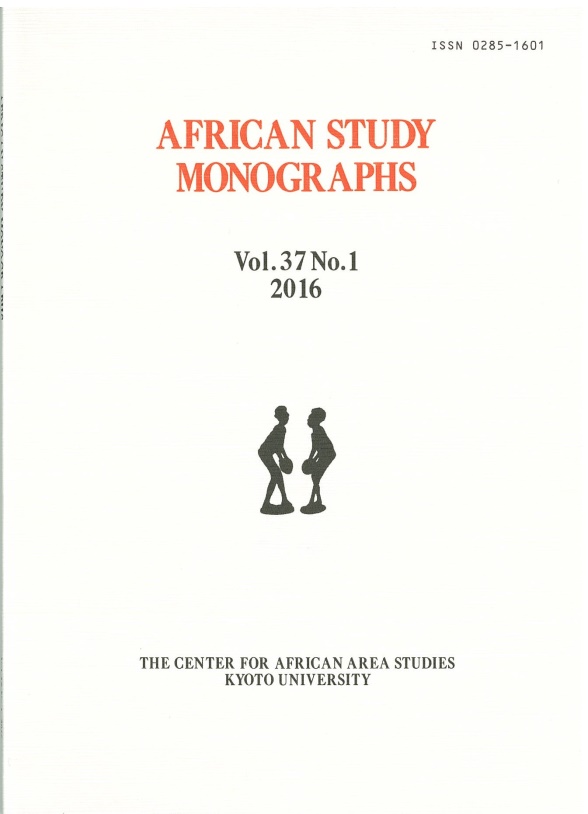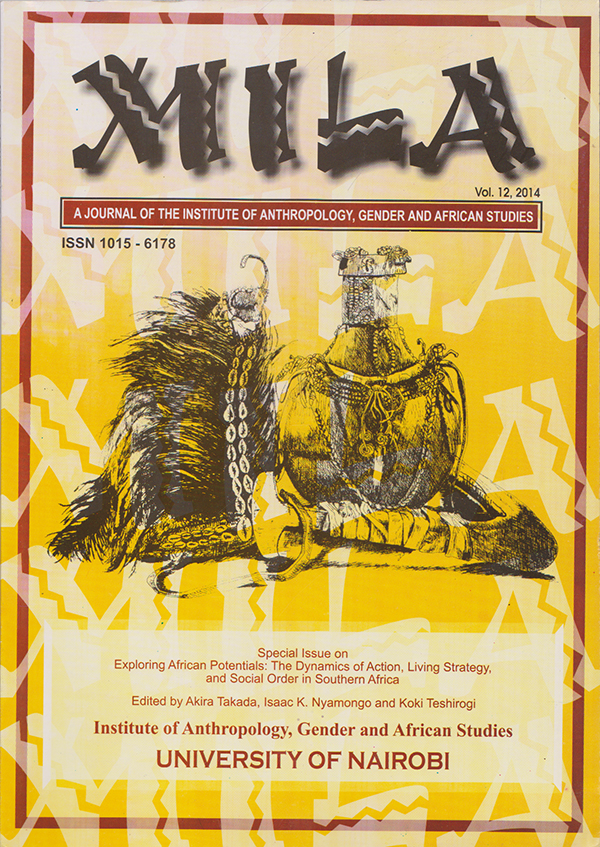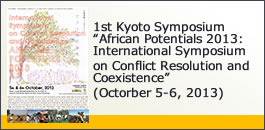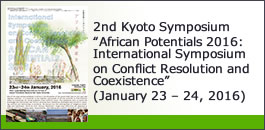Date and Time: January 25, 2014 13:00-16:30
Venue: Middle-sized Meeting Room in the 3rd floor, Inamori Foundation Memorial Building, Kyoto University,
Program
13:00-13:30 Business Announcement
“Auxiliary Line for the Laws in Africa: From the Juristic and Anthropological Points of View”.
13:30-14:05 Shin-ichiro Ishida (Tokyo Metropolitan University)
“Purpose of the Meeting: Issues of African Laws”
14:05-14:40 Hiromi Amemiya (University of Toyama)
“Land Tenure System in Africa: a Case from Tanzania”
14:40-15:15 Rikiya Kuboyama (Nagoya University)
” Pluralistic Justice and Conflict Management in Prostitution”
15:15-15:50 Rina Komiya (a former staff in UNICEF Uganda office)
“Tide of Assistance: Empowerment to Local Organizations and Conflict Resolution by International Organizations”
15:50~16:30 General Discussion
Reports
Shin-ichiro Ishida
“Purpose of the Meeting: Issues of African Laws”
In terms of writing about society in an experiential and universal manner, judicial verdict and ethnography are similar and they have mutual compatibility. Alternative justice, such as restorative justice and the Truth Commission, is extremely region-orientated; thus it is important to envisage the way in which a society should be, in addition to the way in which a system itself should be. Indigenous law refers to the way in which region-specific law should be and customary law is created by assimilating such indigenous law into the national framework. African Law is a “living law”, which is pliable and always dynamic. The speaker suggests the term “Zombification of the law” which refers to keeping such African Law in a static state. The pliability of the African customary law is for maintaining diversity in society and a sense of perspective towards historicity; therefore, it shall never dismiss canonicity nor allow arbitrary administration by judges. The big challenge for the future lies in the formation of a new norm in African customary law.
Hiromi Amemiya
“Land Tenure System in Africa: a Case from Tanzania”
The land tenure system change in Africa is a problem of friction which has arisen between the indigenous law, including customs, and modern law in the process of introducing land ownership. The World Bank advanced the transition to a market economy in African countries by hammering out “Land Policies in 2003” and promoted a shift from customary land rights based on communal ownership towards private property rights. The land policies have changed since around 2006 based on the research on land rights conducted by the World Bank. Based on the premise that poverty problems are rooted in issues to do with legal systems, it is necessary to maintain access to legal and judicial rule by the local farmers in the framework of legal empowerment, with the formation of the formal judicial and land administration systems based on informal customary procedure. In order to realize such formation, creative legal thoughts to maintain communal rights are required. The speaker discussed the following five topics as characteristics of Tanzanian Land Laws; 1) stipulation of “customary land right”, 2) spelling out of customary land, 3) structure of Village Land Law, 4) function of the land as a measure against the poverty, and 5) articulation of customary conflict resolution function. The speaker also discussed that development of laws in Africa requires acknowledging diversity in terms of individual land ownership in order to avoid drastic changes, and gradual implementation of land ownership which regards an individual as the unit of owner is necessary.
Rikiya Kuboyama
“Pluralistic Justice and Conflict Management in Prostitution”
Kuboyama comprehensively elucidated the reality of the lives based on utilization of sex by “the women who support their lives entirely or partially with income from sexual relations” in Kenya and offered analysis which is focused on the conflict management conducted by them. The data was collected from 101 women in major cities in Kenya using a question survey. Many of the women have experienced trouble such as non-payment or violence from their clients. In addition, 80 percent of them have experienced being arrested by the police. As a reaction to these matters, they have attempted to manage and/or resolve the conflicts by applying informal “living law”, and also tried to avoid disputes against the police by making use of bribery.
Rina Komiya
“Tide of Aid: Empowerment to Local Organizations by International Organizations and Conflict Resolution”
Komiya firstly explained the background to how Faith Based Organizations (FBOs) had risen as a counterpart of aid as a result of the focus on ADR and restorative justice in the revision process of top-down type assistance. In Uganda, which is the subject area of the study, people rely heavily on alternative justice in terms of conflict resolution since the judicial and police departments lack capacity. In addition to region-specific justice, alternative justice includes Local Council Courts (LCCs) with legislative and judicial functions, which exist in each local government. LCCs are the judicial section most familiar to people and they require less of a financial burden compared to lawsuits in “formal” courts; also, their conciliatory approach sometimes provides solutions in favor of the communities. On the other hand, LCCs also have problems such as the members stepping out of their authority due to a lack of knowledge, corruption, contempt for women and a lack of collaboration with formal institutions. At the end, Komiya raised issues such as whether it is reasonable to empower alternative justice before the formal institutions function and whether alternative justice is actually abused as a way of disguising the lack of capacity of formal institutions. (Shuichi Oyama and Toru Sagawa)


 Exploring African Potentials, Mila Special Issue
Exploring African Potentials, Mila Special Issue
